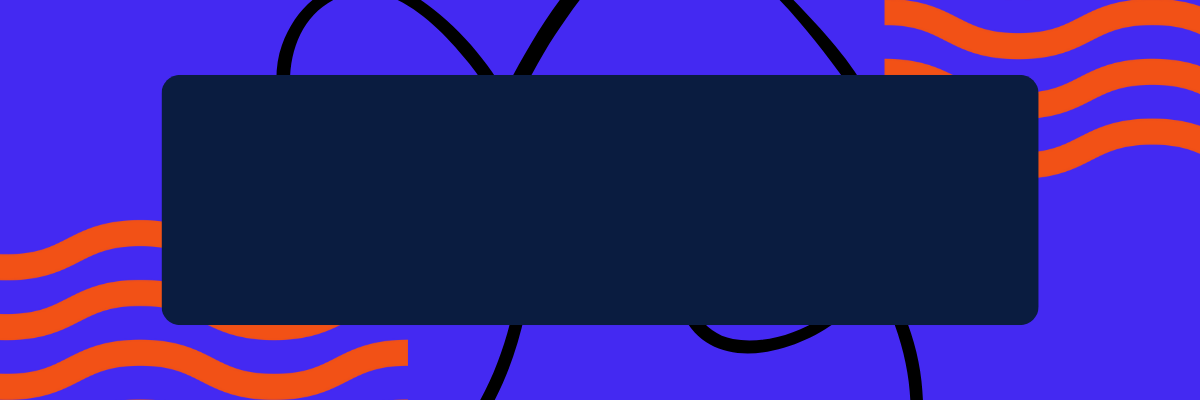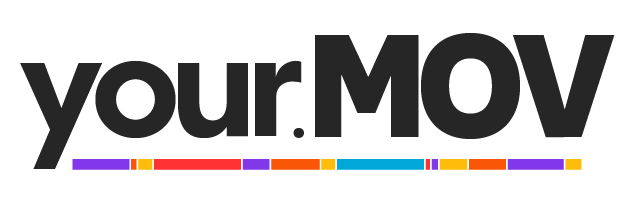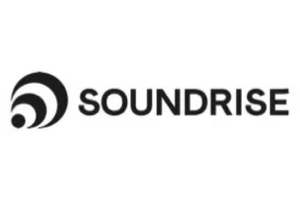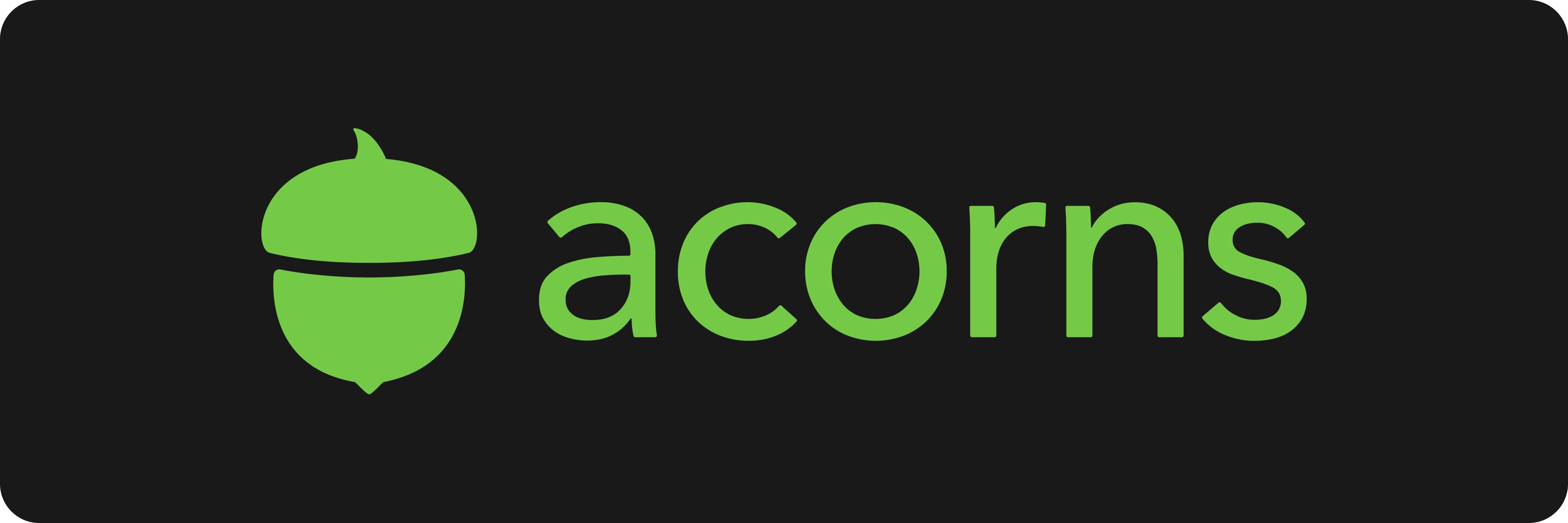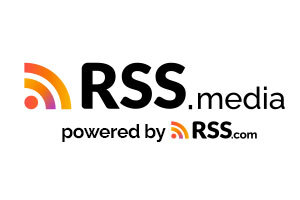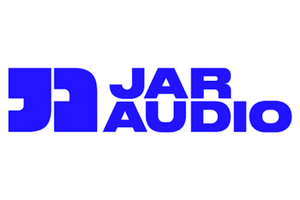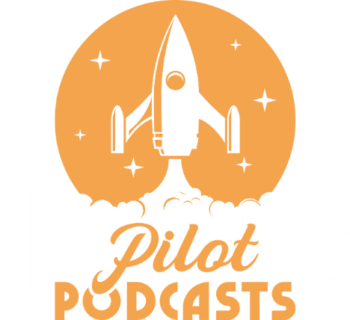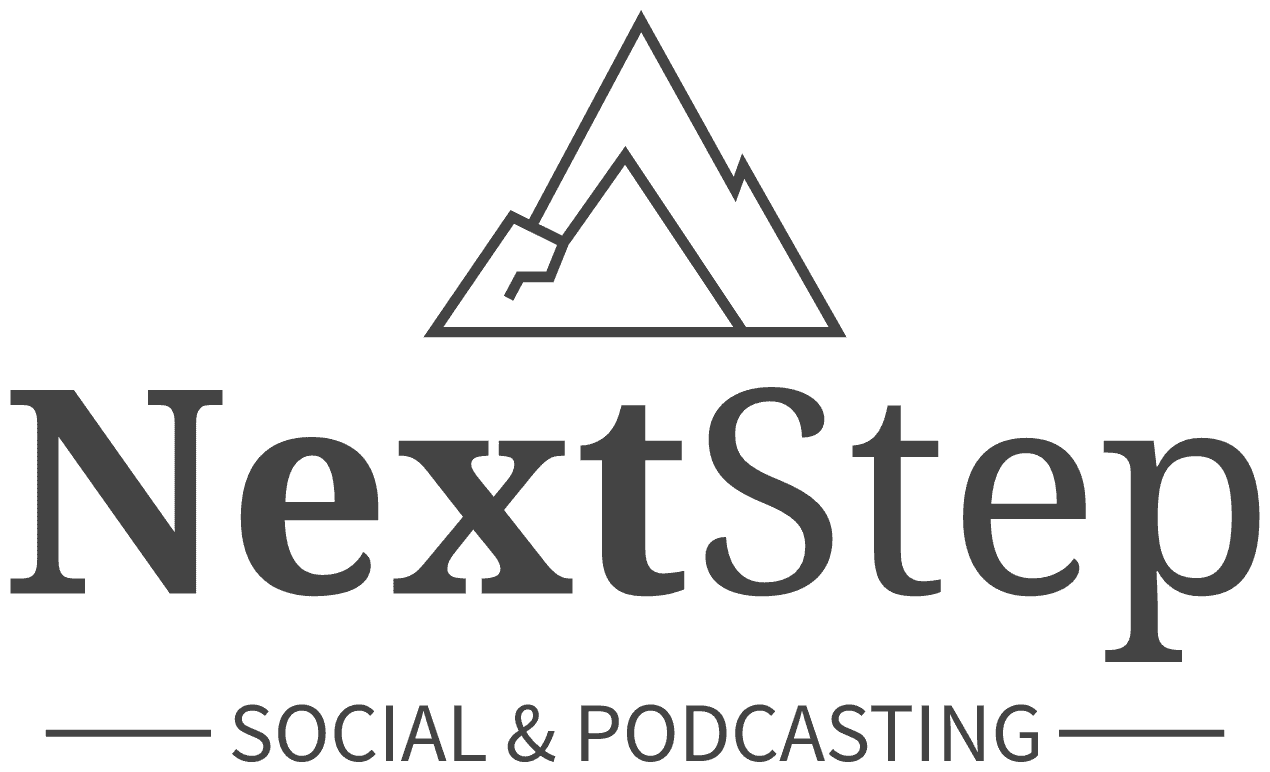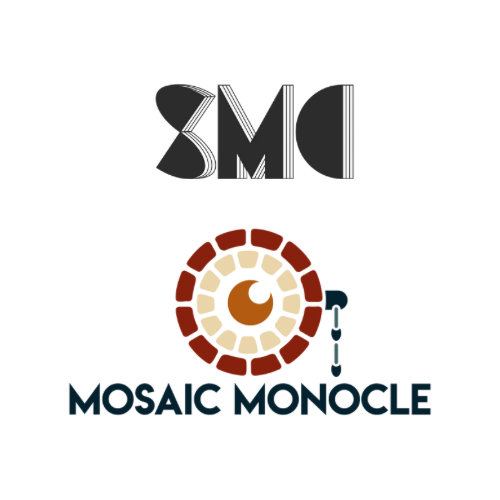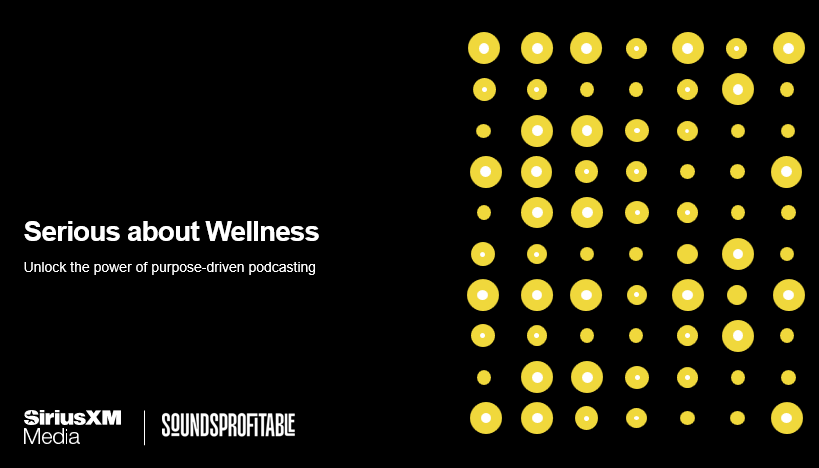This Week in the Business of Podcasting
Happy Friday, podcasting! Hopefully the autumnal vibes will carry those of you in the right parts of the northern hemisphere into harvest festivals, carving gourds, or perhaps even a hay ride. Before then, I’ve gathered the week’s podcasting news you need for a balanced reading diet. Let’s get into it.

Track behaviors, trends, and insights: Download Magellan AI’s podcast advertising benchmark report for Q2
The Power of Brands in Podcasts, A Podcast Landscape Study
This Wednesday Sounds Profitable debuted The Power of Brands in Podcasts, a cut from the Podcast Landscape study. In May and June of this year Sounds Profitable, in partnership with Signal Hill Insights, fielded a survey of 2,400 Americans aged 18+ for the Podcast Landscape study. 974 of the respondents indicated they were “very” or “somewhat” likely to listen to a podcast about a favorite brand or product, and have been labeled “brand fans.” That’s 41% of respondents saying they would likely listen to a podcast about a favorite brand.
Brand fans are more likely to be positive about a company’s involvement with a podcast, are more likely to listen to podcasts with other people, and are natural evangelists for both the brands they love and podcasting in general. 54% of people who have listened to podcasts said they would recommend podcasts to their social circle. When narrowed down to brand fans, they’re 9% more likely to recommend podcasts to friends.
They’re also more likely to take recommendations. For the wider population surveyed, “very likely” and “somewhat likely” responses to the question “how likely are you to listen to a podcast recommended by someone in your social circle” add up to 55%. When narrowed down to brand fans, the number jumps to 80%.
Co-listening is also big with brand fans, who bring at least an additional 1.5 people to that listening occasion. Branded podcast producers would benefit from specifically researching co-listening with their own audiences to see what their actual audience potential might be.
Three of the top five reasons non-listening brand fans provide for not trying podcasts boil down to simple education, not negative preconceptions of the podcasting medium. This means brands could also be a person’s introduction to podcasting overall.
Branded podcasts have the potential to not only find an audience, but a dedicated and vocal audience of fans who will eagerly spread the show as far as they can.
Spotify’s Dave Byrne on brand safety, suitability measures.
This week from Amrita Khaled in Hot Pod: An interview with Spotify’s director of global ad platform integrity Dave Byrne. Byrne spoke to what methods the tech Spotify and Integral Ad Science have developed to monitor brand safety and suitability. Their tech attempts to avoid the old-school brand safety problem of outright banning keywords. A quote from Byrne:
“I was working with a brand recently that had “Janet Jackson” as one of their negative keywords because they hadn’t updated their list from the [2004] Super Bowl. That kind of gives you an idea of how antiquated [keywords] are now and how it doesn’t really serve its purpose — especially in the audio space.“
Spotify’s tech instead uses contextual cues to figure out what topic is being discussed and if it qualifies as one of their proprietary “sensitive topics” built from the Global Alliance for Responsible Media (or GARM) framework. While no direct labeling controls are announced for podcasters to influence how their show is tagged by the system, Byrne says Spotify fully explains how the categorization and contextual tools work so creators can understand the system.
Study: listener prefer relevant podcast ads, more forgiving than with music.
Last Friday from Marketing Brew’s Alyssa Meyers: The Sound of Suitability, a new report from Integral Ad Science, surveyed 1,000 U.S. digital audio listeners in June.
Echoing Sounds Profitable’s findings last year in the study After These Messages, host-read podcast ads drove the most purchases (49%), but announcer-read follows closely behind at 45%. While 44% of respondents said they’re open to hearing audio ads, 58% stress the importance that ads are relevant to the content it’s being served in.
As far as advertising on brand-unsuitable content is concerned, respondents were more likely to react negatively to ads on music with unsuitable content than podcasts with the same content. 55% of respondents reacted negatively to brands running ads between violent songs, but only 32% had the same reaction to brands in a podcast discussing violence.
Podcasts are great at connecting with audiences, it’s vital that advertisers take that into creative when building ads specifically for podcasts. As long as advertising meets audiences where they are, podcast listeners tend to be more accepting of advertisements on potentially brand-unsuitable content.
YouTube RSS Integration and Advertising
This week from Adam Bowie: RSS feed ingestion is coming soon to YouTube, allowing audio-only podcasters to automate the process of getting their podcast on YouTube. As that implementation gets closer to wide release, Bowie focuses on a potential speed bump for larger podcasters taking advantage of this option: YouTube’s ad policy.
Similarly to YouTube’s policy for videos in general, podcasts uploaded to YouTube may only have advertisements in the form of host-read endorsements. Similar to how YouTubers can only run host endorsement ads, podcast RSS feeds cannot have either baked-in or dynamically-inserted ads made by anyone other than the show. A quote from Bowie:
“To date, the podcasting ecosystem has been built on the basis that the producer creates the podcast, and then either sells advertising themselves, or works with a sales partner to do that for them. Then, the title is distributed, advertising embedded into it, across various podcast apps where consumers listen. There is no real difference between me hearing a title in Apple Podcasts or Pocket Casts. The same advert is delivered regardless, and priced in the same way.”
YouTube RSS Integration and Advertising
This week from Adam Bowie: RSS feed ingestion is coming soon to YouTube, allowing audio-only podcasters to automate the process of getting their podcast on YouTube. As that implementation gets closer to wide release, Bowie focuses on a potential speed bump for larger podcasters taking advantage of this option: YouTube’s ad policy.
Similarly to YouTube’s policy for videos in general, podcasts uploaded to YouTube may only have advertisements in the form of host-read endorsements. Similar to how YouTubers can only run host endorsement ads, podcast RSS feeds cannot have either baked-in or dynamically-inserted ads made by anyone other than the show. A quote from Bowie:
“To date, the podcasting ecosystem has been built on the basis that the producer creates the podcast, and then either sells advertising themselves, or works with a sales partner to do that for them. Then, the title is distributed, advertising embedded into it, across various podcast apps where consumers listen. There is no real difference between me hearing a title in Apple Podcasts or Pocket Casts. The same advert is delivered regardless, and priced in the same way.”
Uploading to YouTube also prevents the possibility of selling back-catalog, as once the audio file is transcoded into a video it cannot be changed without manually deleting the YouTube version and re-uploading the episode. Both hosting services and larger podcasts with existing brand relationships will have to develop a bespoke solution when publishing to YouTube. For now, at least, dynamically-inserted advertisements not read by the host are off the table.
Industry Insights with Magellan AI
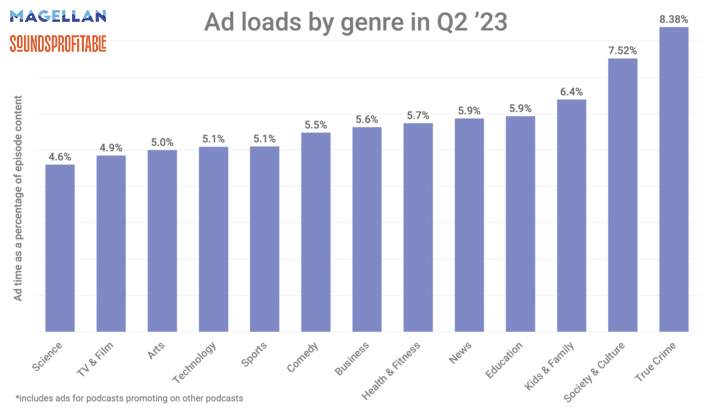
In Q2 2023 average ad loads increased across 11 of the 13 genres highlighted. At the market level average ad loads increased to 5.97%, which is roughly the same as the ad loads in Q2 2022.
Last quarter ad loads increased most in the Society & Culture genre, from 6.21% in Q1 to 7.52% in Q2. Meanwhile we detected the largest Q/Q decease in the True Crime genre, from 8.93% in Q1 to 8.38% in Q2.
Looking to get a handle on podcast advertising metrics? Book a demo with the Magellan AI team.
Quick Hits
While they may not be top story material, the articles below from this week are definitely worth your time:
- Confused About Video? The Listeners Aren’t! by Tom Webster. While the question “what is a podcast” can lead to complicated responses from podcasters, respondents to The Podcast Landscape study are pretty confident in what qualifies as a podcast.
- YouTube passes Netflix as top video source for teens by Kif Leswing. A long-running Piper Sandler study finds for the first time ever YouTube has passed Netflix as top video source for teens. Given the many podcasts Netflix has commissioned, one wonders how much teen traffic they’d regain if those podcasts were also available in the Netflix app.
- Brands are taking notice of Gen Alpha by Jasmine Sheena. Given existing legislation makes existing targeting methods difficult as the oldest Gen Alpha member is 13, brands are resorting to more creative projects to meet younger audiences where they’re at, which could include the rising popularity of Kids & Family podcasts.
- ARN takeover bid for SCA by Chris Pash. If successful, the acquisition bid would lead to Australia having two national media organizations with independent ownership of each other.
- Streaming-powered tools come to Spotify from Podnews. The new system will allow users to upload and monetize video podcasts on Spotify, access enhanced analytics reporting, and use a new clickable promo system to cross-promote an episode with other podcasts on Spotify.

